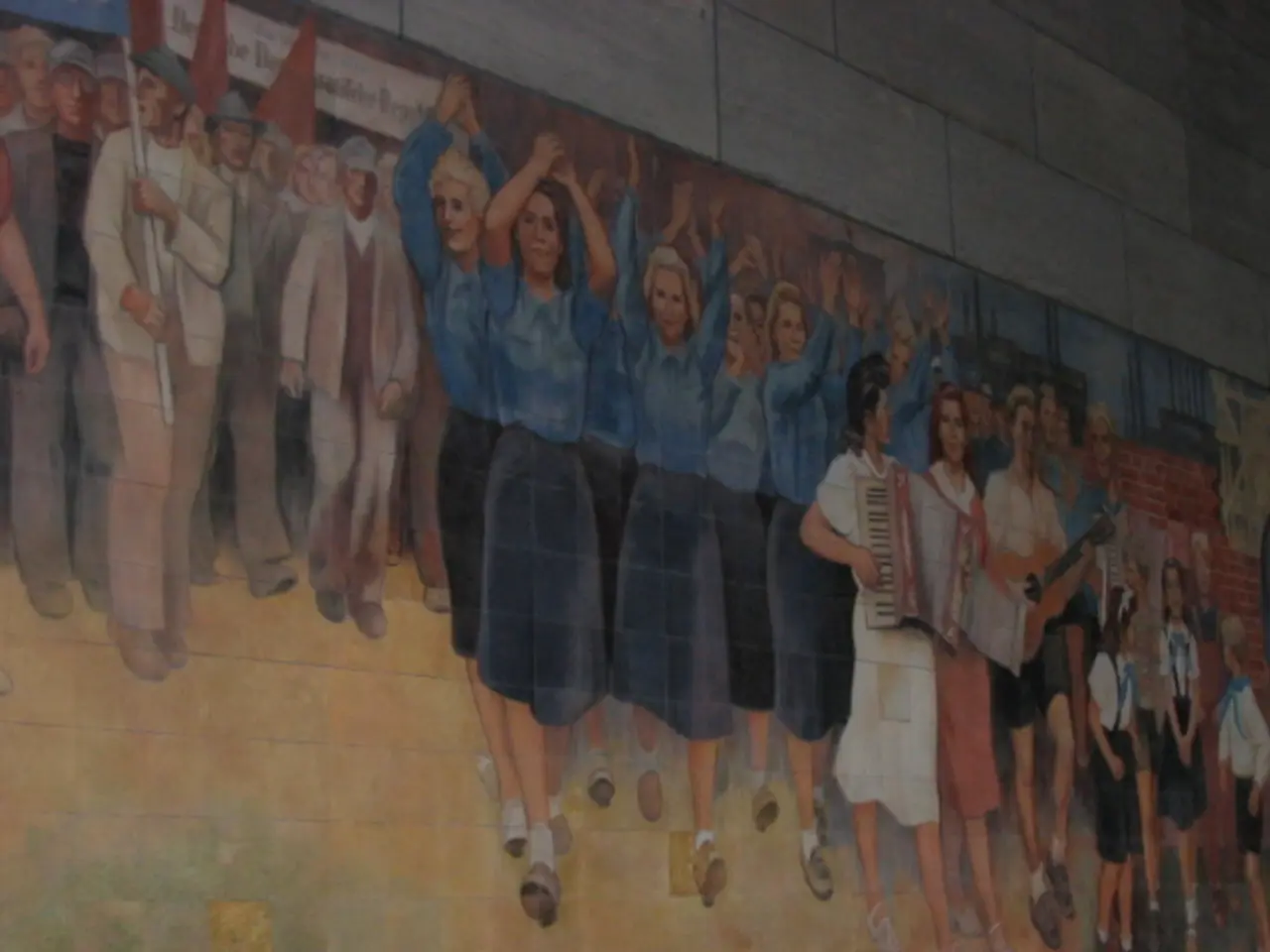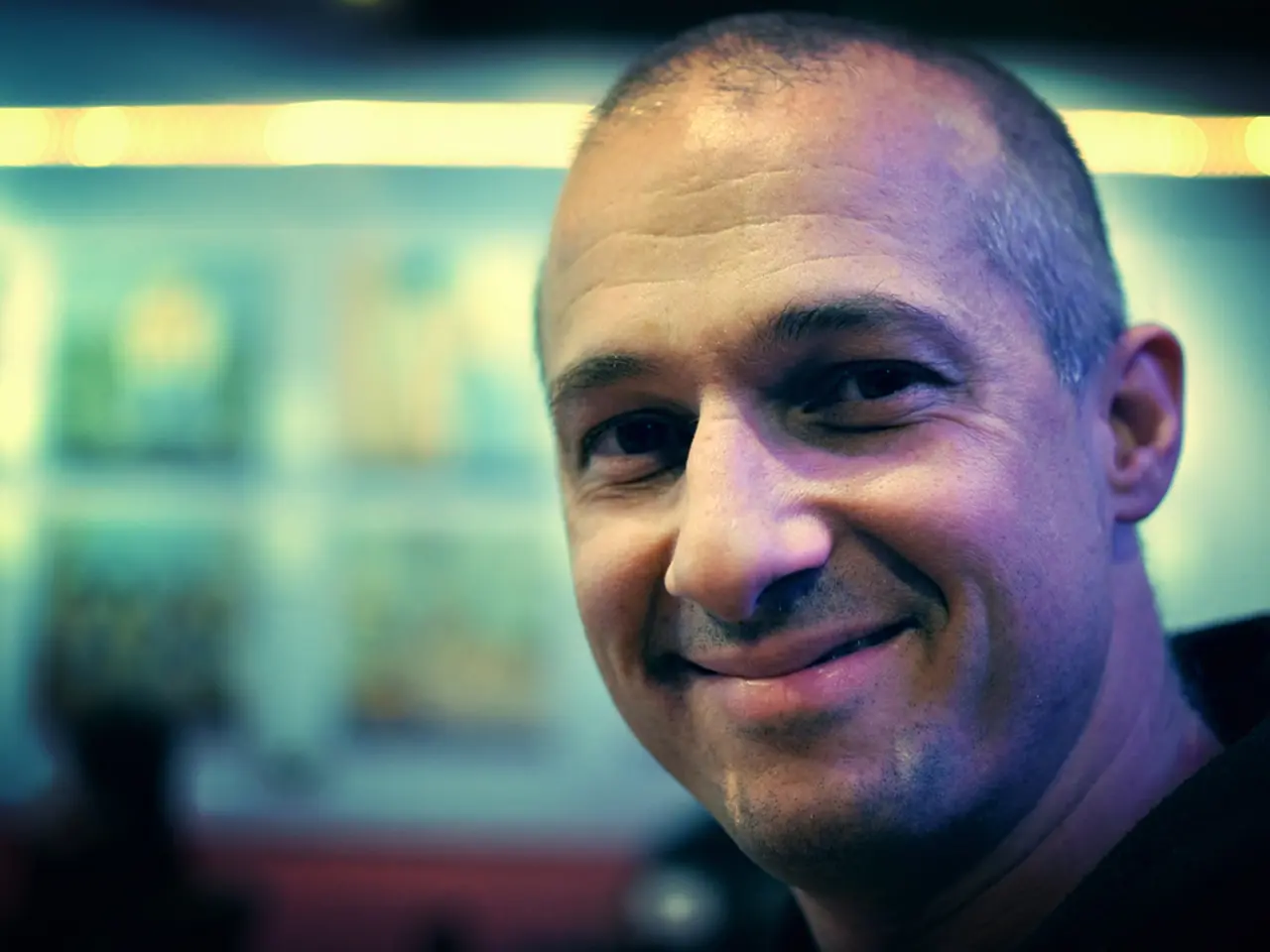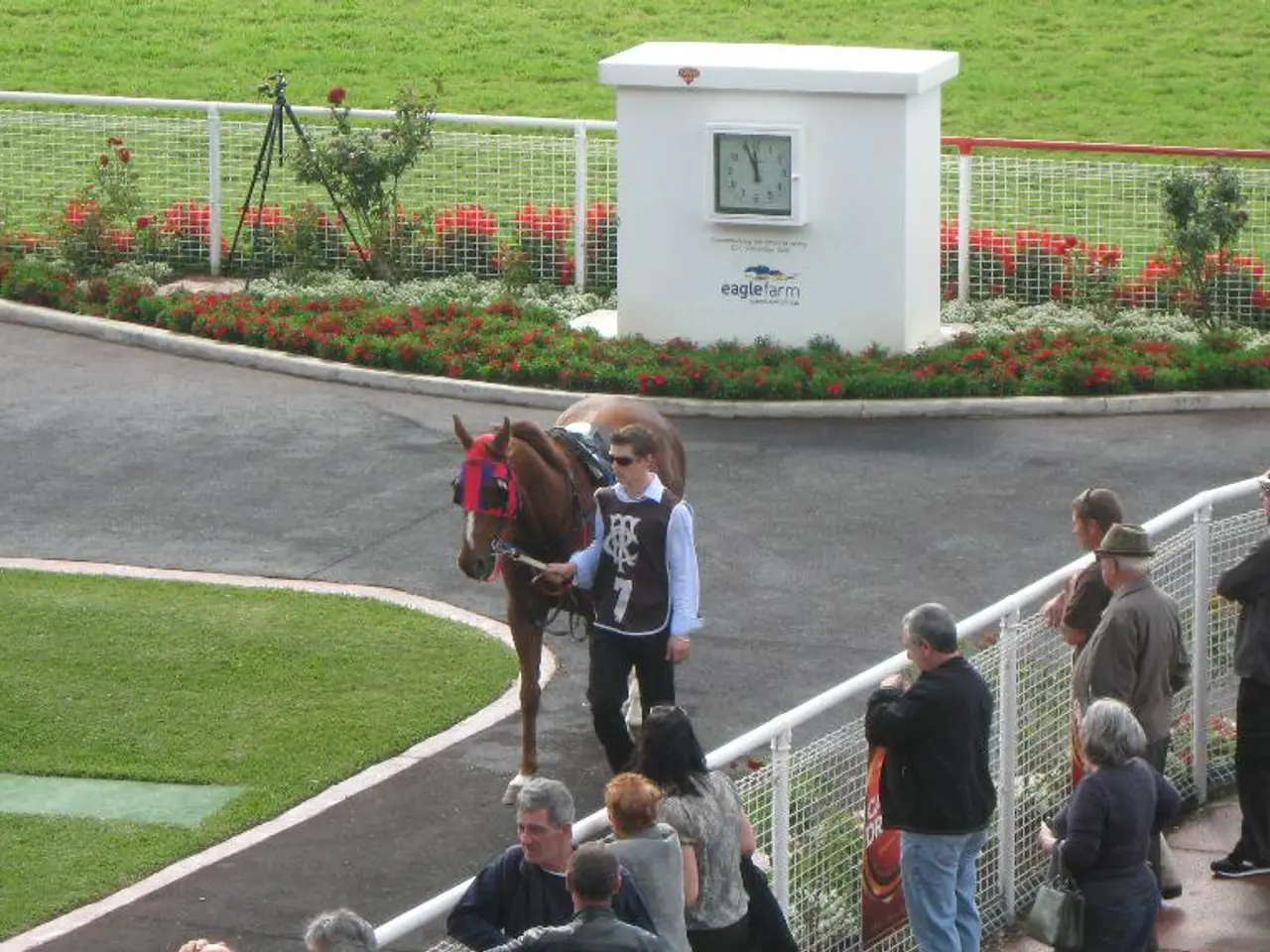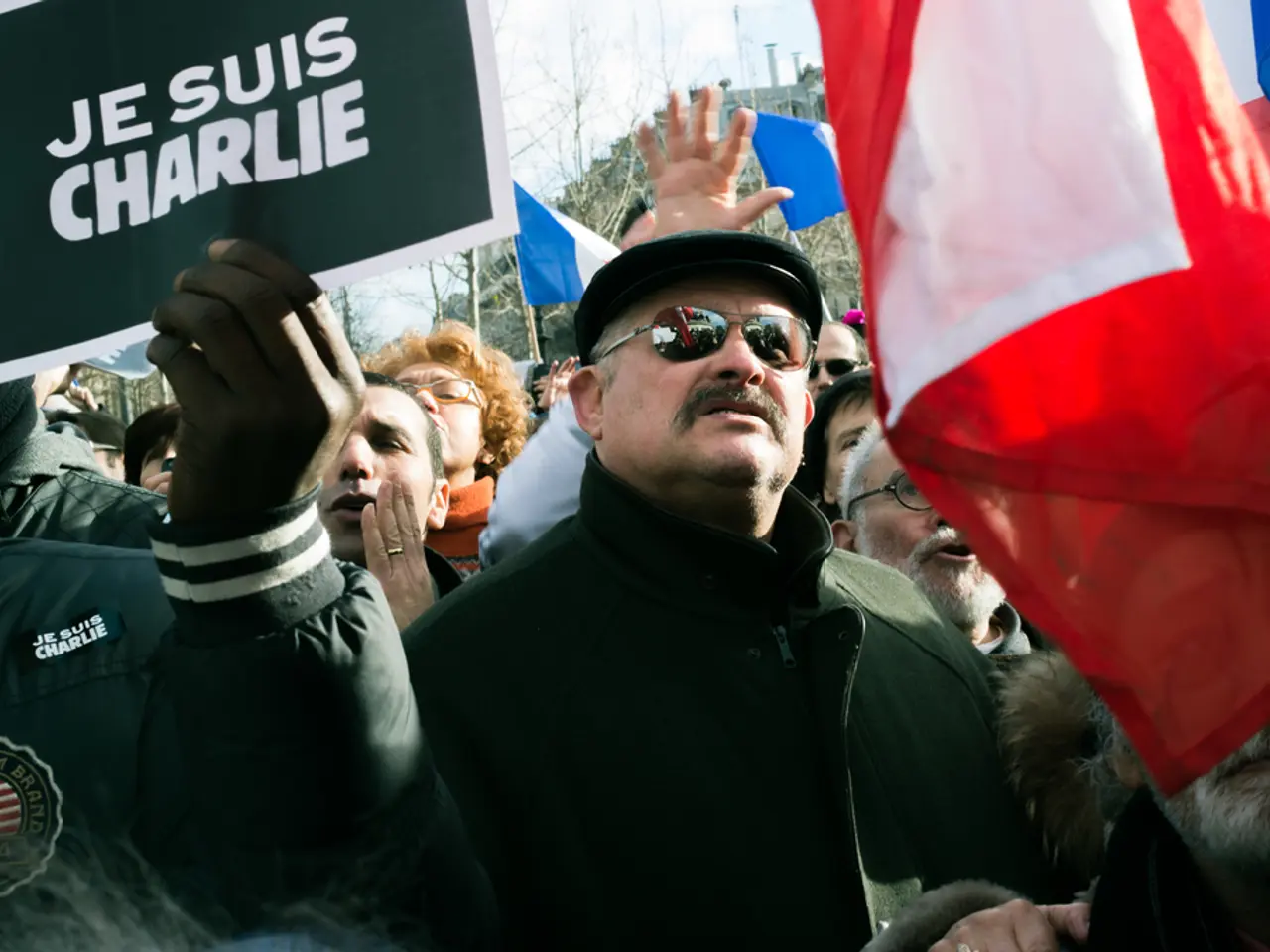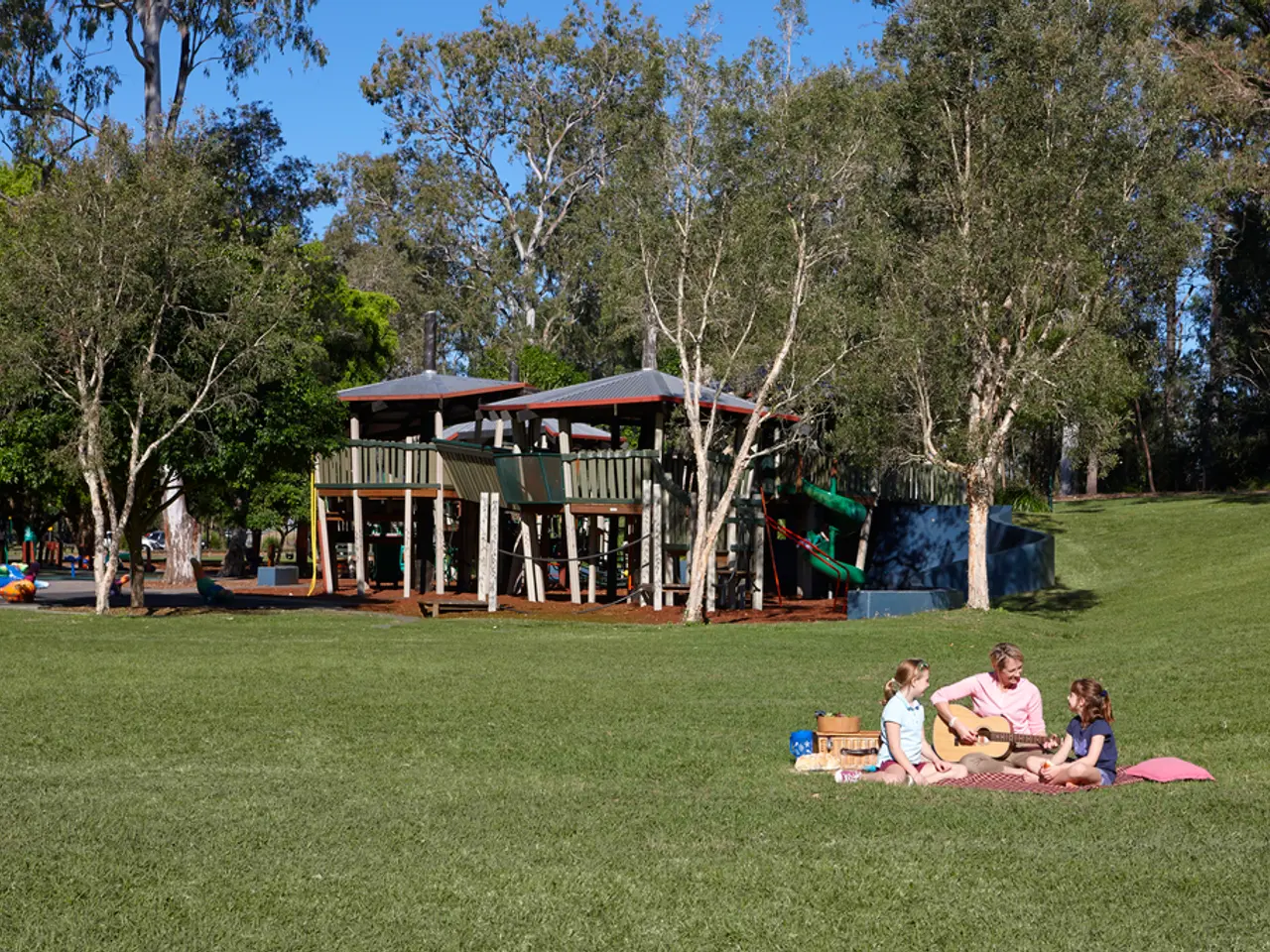The Significance of Youth Organizations in the Realm of Music
In a significant move aimed at revitalizing youth services in the UK, the government announced an £88 million package in August 2025. This comprehensive plan, part of the forthcoming National Youth Strategy, seeks to create safe, well-resourced, and engaging youth environments.
The package includes several targeted initiatives. The Better Youth Spaces programme is a £30.5 million capital grants fund dedicated to improving youth club infrastructure in areas of high child poverty. This fund aims to enhance the safety, capacity, and sustainability of youth spaces in 42 priority local authority areas with the greatest deprivation.
Another key initiative is the £22.5 million investment over three years for school enrichment activities. This funding will provide tailored extracurricular programs in 400 schools across England, covering activities such as sport, art, music, outdoor pursuits, debating, and volunteering.
The Local Youth Transformation Pilot is an £8 million fund supporting 12 'Pathfinder' local authorities to rebuild high-quality local youth services and improve their delivery capability. This pilot focuses on local youth service leadership, addressing community needs, and ensuring statutory youth service duties are met sustainably.
The Million Hours Fund is a £19 million joint investment with the National Lottery Community Fund designed to support youth organisations in expanding out-of-school provision, especially in areas with high anti-social behaviour. It funds youth work that helps keep young people engaged in positive activities, including arts and music.
Lastly, the Uniformed Youth Fund is allocated £7.5 million to expand spaces in youth organisations like Scouts and Guides, supporting structured youth engagement.
These initiatives collectively reflect a strategic approach to reversing a decade-long decline (over 70%) in youth service investment in England. They address infrastructure, activity provision including music education, and local authority capacity to sustain youth services.
The Young Urban Arts Foundation (YUAF), a charity that provides training in skills like lyric writing, production, and podcasting to local young people living in deprived communities, is among the key beneficiaries of this renewed investment. However, YUAF's budget was cut, leaving it unable to continue its YUAF Futures programme, which helps young people turn their capabilities into the beginnings of a career, with workshops on networking, email writing, and professional literacy, followed by work experience placements in the music, film, and TV industries.
The loss of services like YUAF's could result in a loss of a valuable pipeline for tomorrow's artists. The UK's music scene has been thriving, with more young people making music than ever before. The proportion who play an instrument, sing, and produce almost doubled since 2006. This vibrant music scene, however, has a gap between music education and the music industry, and bridging this gap could help ensure a strong and diverse pool of talent for years to come.
Projects like The Soundsystem Project, which introduces children in deprived areas to the graft behind running a sound system, play a crucial role in this bridge. The Soundsystem Project relies on various funding sources, including Creative Scotland's Youth Music Initiative. However, the cost-of-living crisis is threatening the survival of organizations like The Soundsystem Project.
The solution, according to Charlesworth, is for governments and local authorities to restore spending for youth services. The loss of services that help young people into employment could lead to a loss of a valuable pipeline for tomorrow's artists. Moreover, the loss of youth services could result in a loss of meaningful spaces for young people to interact and build community.
In a striking example of the impact of youth services, decreased spending on youth services in the UK has been linked to increased incidences of bike theft, shoplifting, and possession of weapon offenses (including knife crime). By investing in youth services, the government aims to create a safer and more engaged society for all.
This renewed investment in youth services is a significant step towards bridging the gap between music education and the music industry, providing young people with opportunities to turn their passion into a career, and creating safe and engaging spaces for young people to interact and build community.
References:
- Gov.uk
- The Guardian
- BBC News
- National Youth Agency
- National Lottery Community Fund
In this strategic approach to renewing youth services, the Million Hours Fund, with a budget of £19 million, is designated to support youth organizations in expanding out-of-school provision, particularly in areas with high anti-social behavior, providing opportunities for young people to engage in arts and music.
With the reinstatement of investment in youth services, Projects like The Soundsystem Project, which introduces children in deprived areas to the intricacies of running a sound system, can potentially continue their work, serving as a crucial bridge between music education and the music industry.
